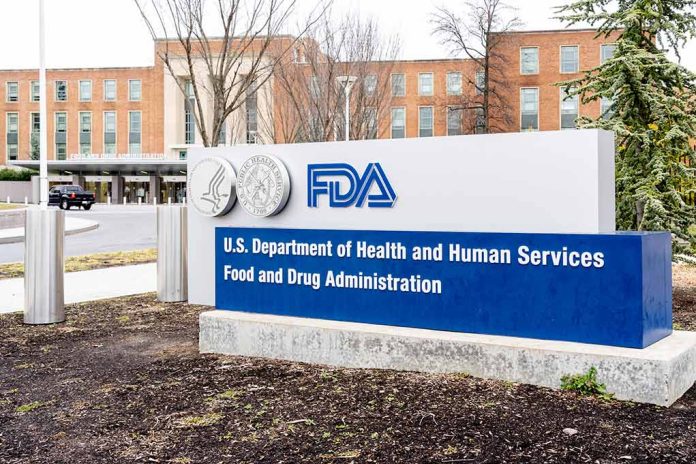
Regulatory silence and public health concerns stir controversy over the FDA’s handling of an E. coli outbreak that affected 89 individuals across 15 states.
Key Takeaways
- An E. coli outbreak linked to romaine lettuce impacted 15 states, resulting in 89 illnesses and one death.
- The FDA did not disclose the outbreak publicly as the contaminated product was not in commerce.
- The CDC concluded the outbreak in mid-January, while the FDA closed its investigation in February without public announcements.
- Federal authorities are not mandated to disclose all outbreaks, though FDA aims for greater transparency.
- The FDA states firm names are disclosed with enough evidence and actionable consumer advice.
Outbreak and Lack of Public Notification
An E. coli outbreak, traceable to romaine lettuce, affected 89 people across 15 states, leading to criticism of the FDA for not publicly disclosing the incident. In the outbreak, one individual succumbed, and others, including a 9-year-old, suffered severe health impacts such as kidney failure. Despite the seriousness, the FDA chose not to make an announcement, citing the reason that the contaminated product was no longer available in the market.
Records from the St. Louis County Public Health Department first linked several cases to romaine lettuce. Health officials, who discovered 115 related cases at local hospitals, noted the illnesses stemmed from food consumed at various events. Although the Centers for Disease Control and Prevention (CDC) declared the outbreak over by January and the FDA closed its investigation by February, no formal public updates were issued, sparking widespread concern.
FDA’s Response and Investigation
The FDA’s decision not to disclose the outbreak publicly stems from its policy of not naming firms unless there’s solid evidence linking them to consumer advisories. This decision is under scrutiny, given that legal statutes do not oblige federal officials to publicize every outbreak. Critics argue that transparency would enhance public trust and awareness.
In February, the FDA’s internal report indicated that California-based Taylor Farms was potentially linked to the outbreak. Nevertheless, Taylor Farms denied responsibility, insisting on comprehensive testing that showed no contamination. Meanwhile, multiple lawsuits were filed against Taylor Farms, adding legal battles to the ongoing situation.
Legal and Health Implications
While the FDA mentioned legal restrictions, it did not name Taylor Farms officially due to insufficient evidence. Frank Yiannas, former FDA Deputy Commissioner, acknowledged the agency’s choice to withhold names when lacking concrete evidence but criticised the continuing lack of transparency. Investigations revealed romaine lettuce from a specific grower caused the outbreak, yet farm details remain undisclosed. Taylor Farms, awaiting further legal developments, plans to defend its stance aggressively.
Despite the closure of the investigation, consumers remain cautious. Federal and state health authorities face demands for improved transparency standards in managing public health crises. Reflecting on the importance of such health notices, public and policy institutions continue advocating for accountability and the necessity of informed communication for society’s well-being.
Sources:
- RFK Jr.’s FDA Covered Up Killer E. Coli Outbreak
- Uncovered: FDA Did Not Disclose Fatal E. coli Outbreak Linked to Lettuce in 2024 | Food Safety
- E. coli outbreak went unpublicized by FDA despite affecting 15 states: report



